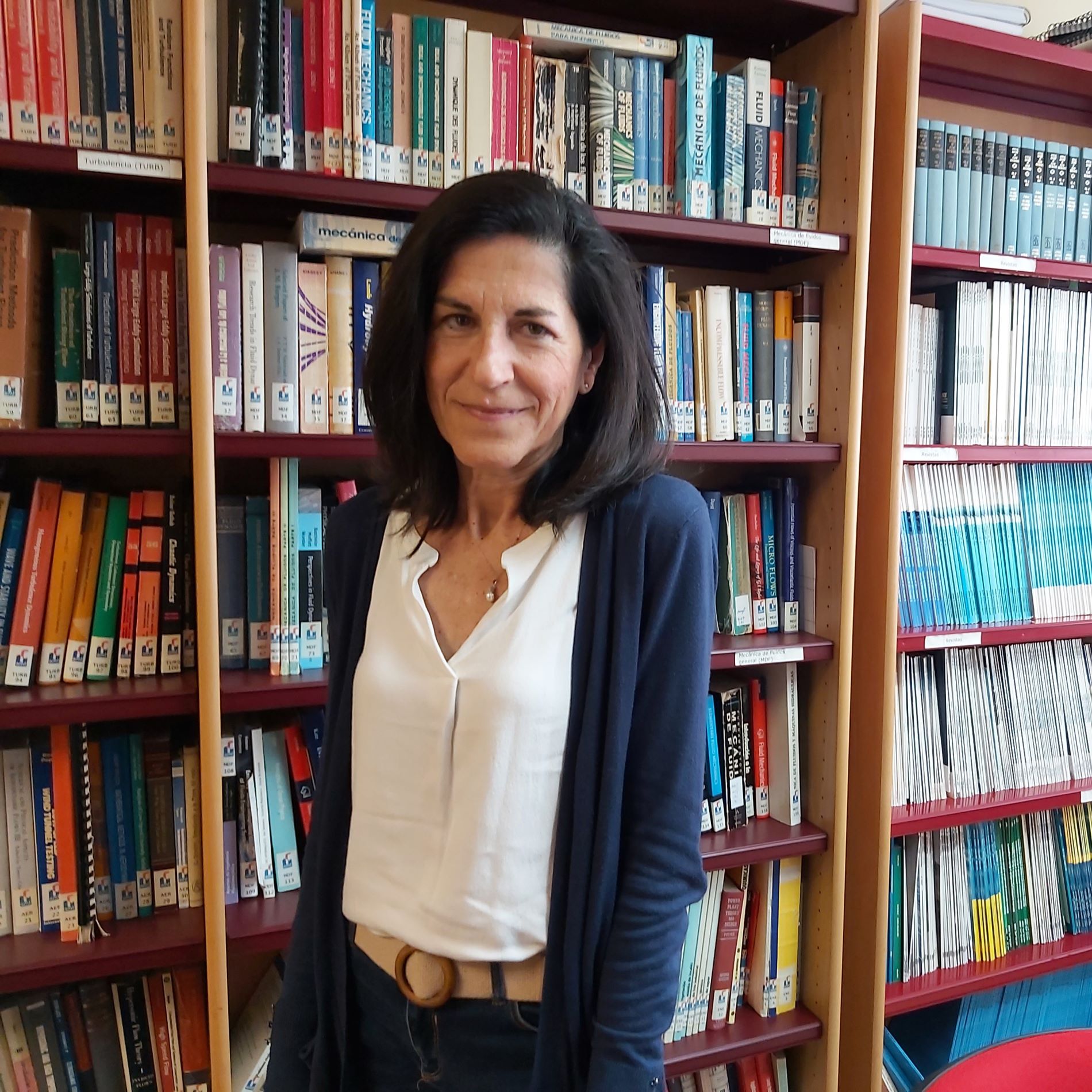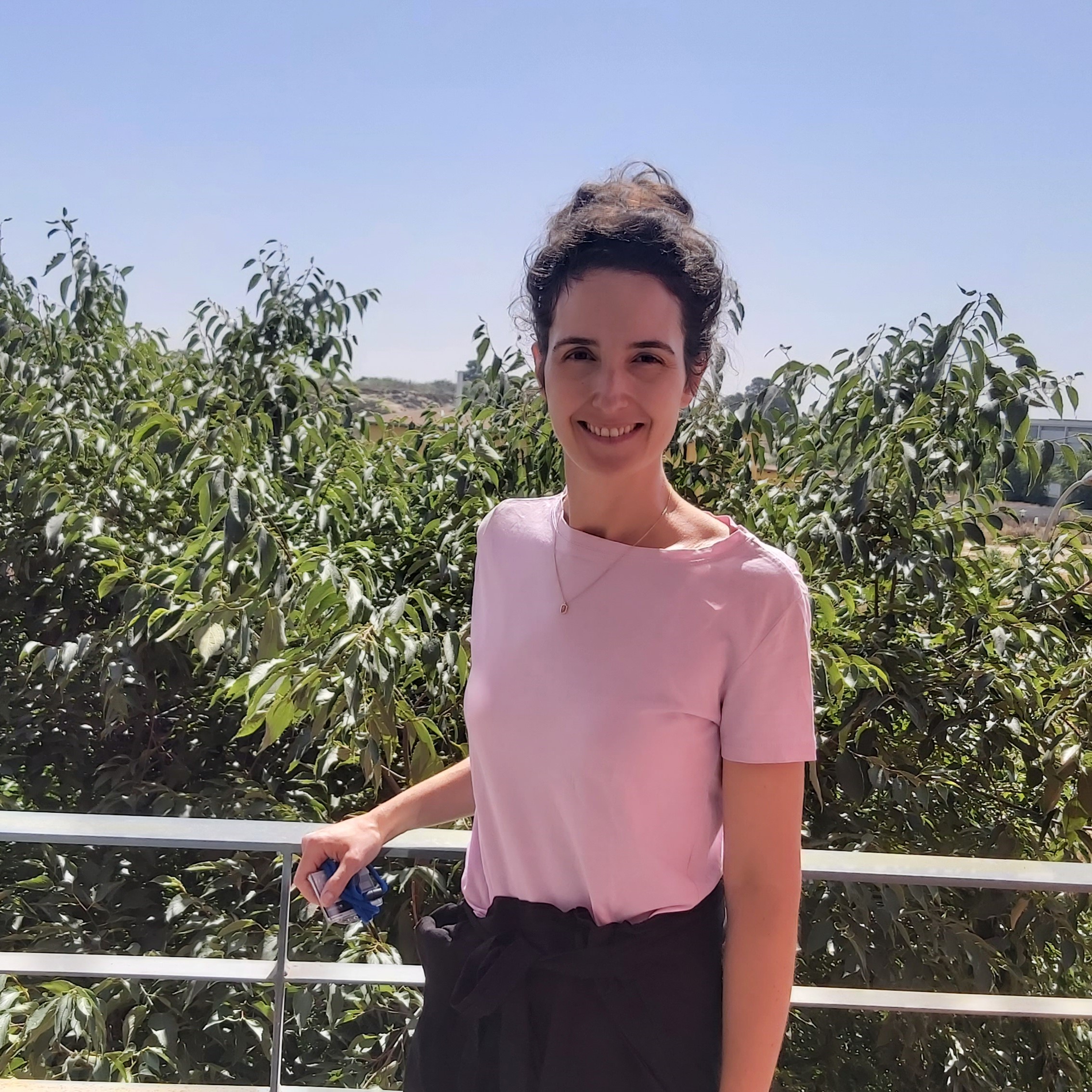
Why did you decide to go into research?
I entered the world of research in a gradual way without knowing very well what lay ahead of me. My doctoral thesis at the Faculty of Science was only the starting point in Fluid Mechanics. From Physics, I approached Engineering and so I threw myself into this exciting world that combines Mathematics, Physics and Engineering to explain how the fluids that surround us move.
Did you always have a clear idea of what you wanted to do?
No. At no point in my early days was it clear to me or planned.
How long have you been linked to the I3A and what would you highlight about the Institute?
Our Fluidodynamic Technologies group joined the I3A recently, in 2021, because we were previously associated with the CSIC. I find it a very large and well-organised University Institute where interesting activities are carried out to help researchers in their work. I feel proud to belong and to be able to contribute with my effort.
In your research group, what are your most important lines or areas of work?
In the Computational Hydraulics team that I lead, which is part of the Fluidodynamic Technologies group, we develop geophysical flow simulation tools. With our research, we try to use physics to generate tools that predict real problems, such as floods, for the Ebro Hydrographic Confederation or erosion problems due to rain after a fire. By simulating these hydrological, hydraulic and erosive processes, we support decision-making, which is essential for environmental risk assessment and mitigation.
Do you have any ongoing projects that you would like to highlight?
Of what we are doing now I would highlight the Doctoral Network (MSCA-DN) RESCUER (Resilient Solutions for Coastal, Urban, Estuarine and Riverine Environments) which aims to train ten young researchers to address the challenges faced by coastal communities, focusing on forecasting and modelling coastal flows coupled with fluvial and urban flooding and related water quality problems.
The overall scientific novelty of this network is the multi-physics modelling of hydrodynamic processes and the use of highly accurate numerical formulations developed for a variety of equations in the last decade, allowing a correct description of physical principles, such as conservation of energy and boundary conditions, as well as a parallel and optimised implementation. This feature, together with a systematic use of GPU (Graphics Processing Unit) technology, which has now matured to the point where it is applicable to complex models, will allow real-time executions.
What do you enjoy most about your profession? And what do you enjoy least?
My profession is an exciting job that combines the creativity of research and its achievements with the rewarding transmission of knowledge to new generations. It is a long-distance race and a continuous effort to overcome all obstacles.
What I enjoy most is teamwork. What I like least is society's lack of knowledge about the effort required and, therefore, the anonymity in which we carry out our great work. This conditions visibility and makes motivation difficult. Very often this is even worse for women.
What would you say to anyone thinking of going into research?
I would say that Fluid Mechanics is a very nice and attractive multidisciplinary field, which needs bright minds of future scientists and scientists who can contribute.
CLOSE UP…
What did you study?: I hold a PhD in Physics and I am Professor of Fluid Mechanics in the Department of Materials and Fluids Science and Technology. I was the first Professor of Fluid Mechanics in Spain and, in fact, I am the only female Professor in the Department.
A goal: Learning new languages.
Hobbies: Above all, I like to be with my husband, my children and my two beautiful grandchildren, if possible hiking as a family. On an individual level, I love reading, theatre and cinema.
A book: I don't have a favourite because I read very different things, but I would recommend some of Miguel Delibes, José Saramago or Javier Marías, for example.
A film: Unforgettable comedies such as Life of Brian or Young Frankenstein come to mind, as well as those that have moved me the most, such as Forrest Gump, Life is Beautiful and Shrek.
Favourite music group or singer: Many of them, especially if they connect me with the music of my youth, from ballads like Simon & Garfunkel or singer-songwriters like Serrat to Bee Gees or Queen.
